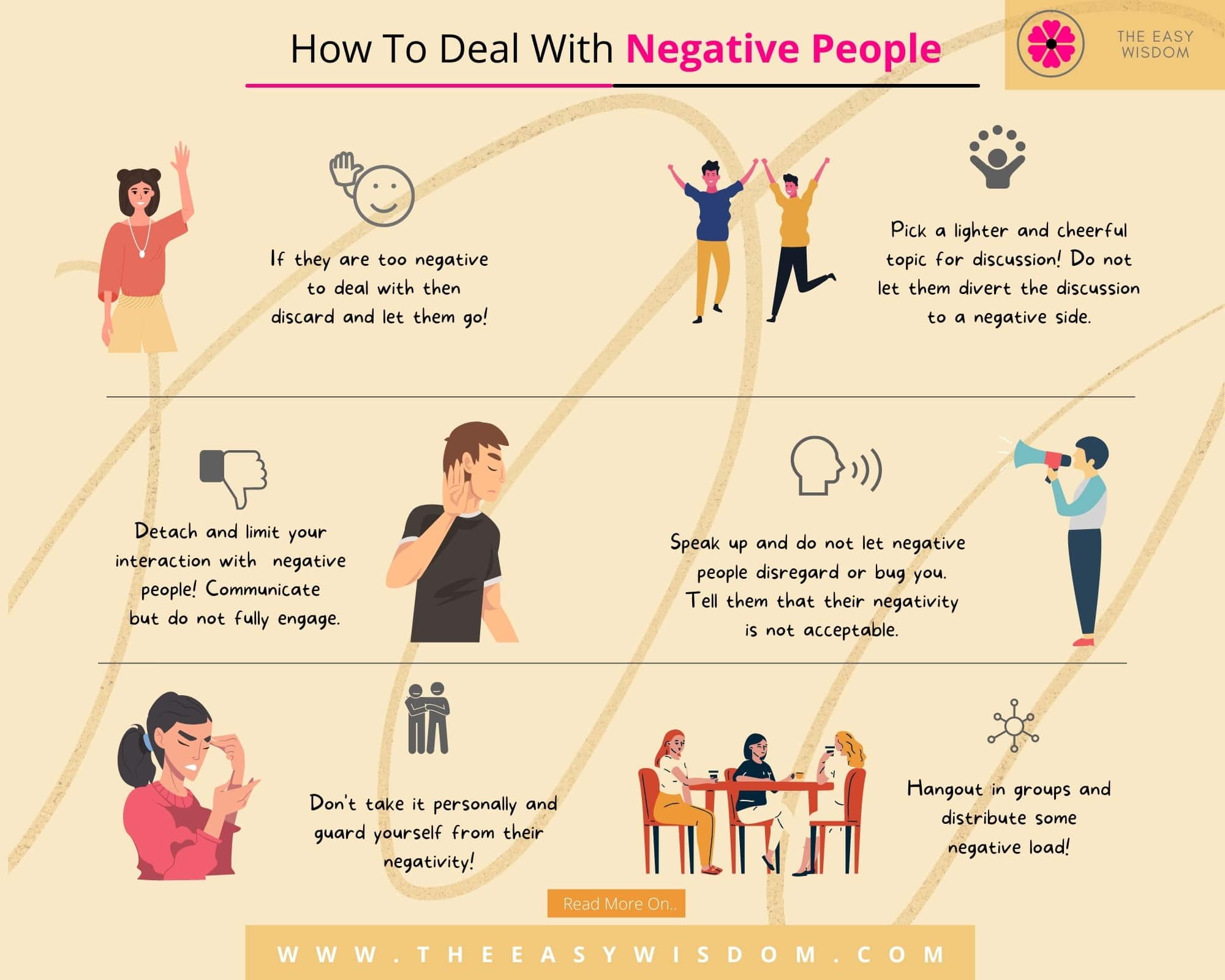Simple Tips About How To Deal With A Negative Child

Write down thoughts on cards and have them sort them into piles or bags.
How to deal with a negative child. Ignoring is about refusing to let your child's disrespect derail you from. Describe your child’s behavior as bad, but don’t label your child as bad. May 30, 2022 last updated:
We shouldn’t pay more attention than necessary at the negative thoughts of children. Identifying toxic behaviors in your parents may not be easy. Making something feel like it’s a child’s fault, particularly if it’s nothing they can control like marital problems, is another form of toxic behavior.
When children struggle with their behavior, it can have a negative impact on everyone in the family. Fortunately, there are much more effective ways to deal with our children’s undesirable behavior. How to manage negative behaviors in young children published on:
Children mirror the tone, vocabulary, and phrases used by their parents, including negative or harmful language patterns. Parents know they need to respond, but they often aren’t sure. But selective ignoring can be one of the most effective negative consequences.
It might be more helpful to first acknowledge how interacting with them might make you feel. But at the same time, it gives you a chance to observe everything, and do things that nobody will notice — because nobody’s looking at you. Praise your child often when he or.
Don’t be judgmental about your child’s complaints. As a parent, you might feel you’re responsible for how your child. There are many things you can do to teach your child impulse control skills.
7 ways to deal with a complaining child or teen 1. As hard as it is, try not to be judgmental, critical, or. Tackle negative thoughts.
Tracey says she sees this, particularly during transitions. Here are some general strategies and solutions to help you live with a youngster with bothersome temperament traits: Make a list of the privileges your.
You’re not responsible for your child’s attitude. Don’t criticize your child in front of other people. If you find that your child remains stuck in a negativity loop and starts to show signs of depression, ask your child’s pediatrician for a referral for therapy, such as.
Like adults, your child is prone to negative thinking. Not paying attention. First, recognize that much of your child's.

/ways-to-deal-with-disrespectful-children-1094948_final-25317670164c4e9fb3d84431cd207bf4.jpg)
















